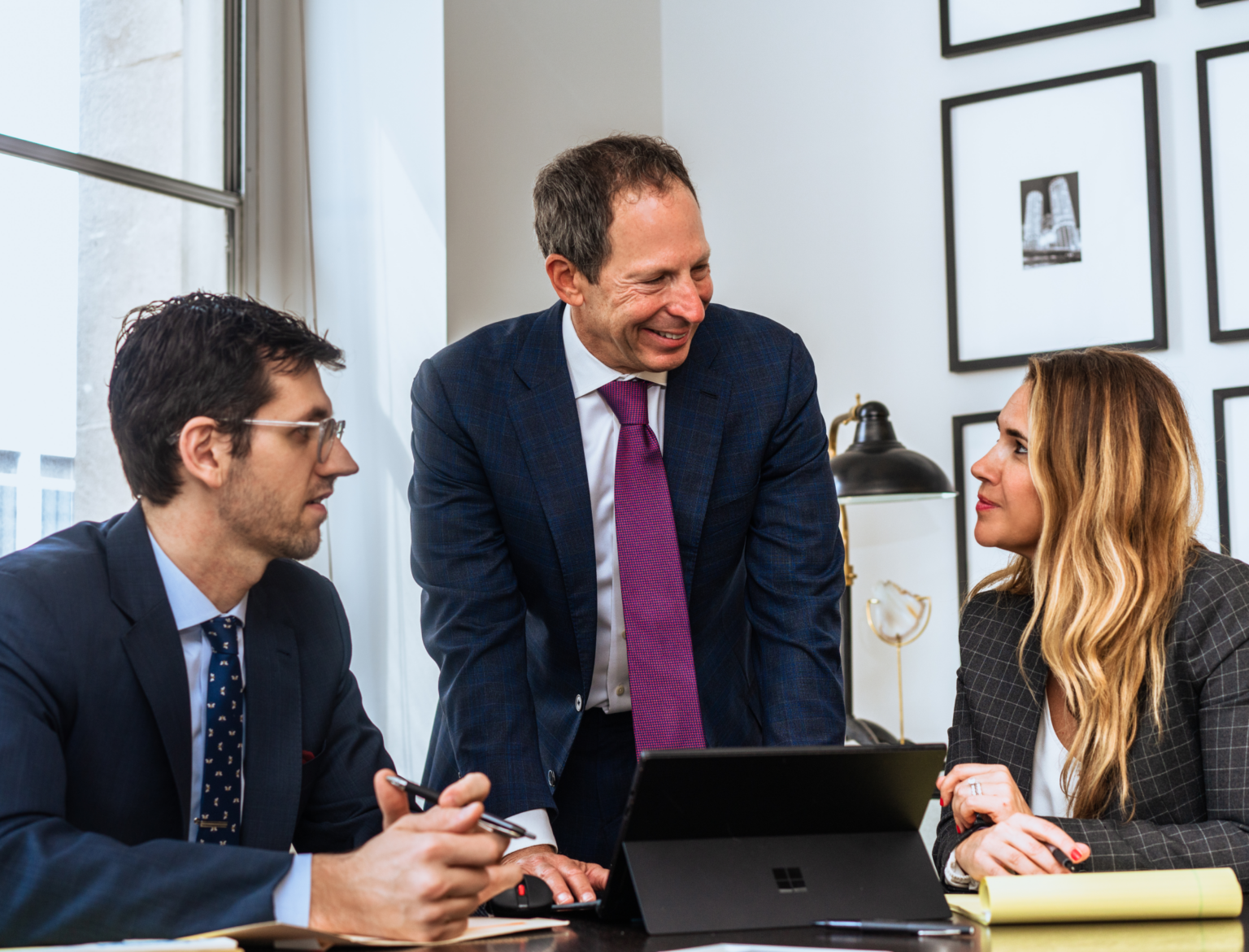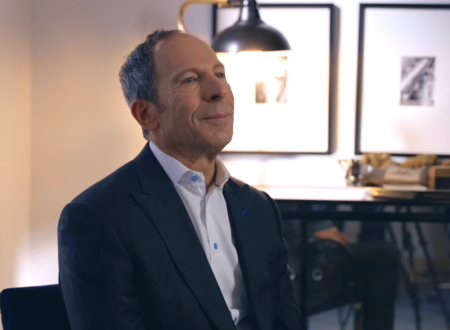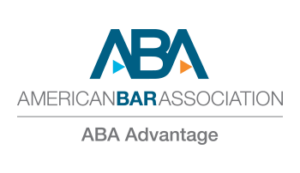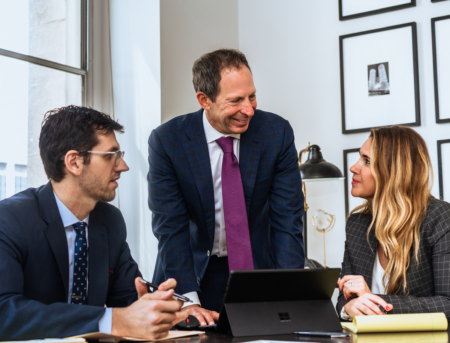Once everyone is safe and emergency services have been contacted, exchange essential information with the other driver.
This includes:
- Full name and contact details
- Driver’s license number
- License plate number of the involved vehicles
- Insurance policy number and provider name
Write this down or take clear photos of their documents to ensure accuracy. Avoid relying solely on verbal communication or memory.
Avoid admitting fault
Even if you think you may have contributed to the accident, resist the urge to apologize or admit fault while speaking with the other driver. A simple “I’m sorry” could be interpreted as an admission of liability.
At this point, the cause of the accident hasn’t been officially determined, and your statement could harm your claim later. Stick to factual observations instead.
Do not speculate about the accident
Similarly, avoid making guesses or speculating about what happened. For example, saying, “I might have been going too fast,” can weaken your case. It’s okay to admit that you didn’t see something or are unsure about specific details, but don’t offer theories or conjecture.
Keep track of their demeanor
While speaking with the other driver, mentally note their behavior and responses. If they appear aggressive, intoxicated, or unwilling to cooperate, this information can be valuable later.
If they make any surprising statements about the accident, such as, “I wasn’t paying attention,” take note of those, too.
Document the scene immediately after
Once you’ve exchanged information and ensured everyone is safe, document the scene without delay.
Take photos of:
- Vehicle damage
- License plates
- Skid marks or debris on the road
- Any visible injuries
These records can provide critical evidence if there’s a dispute about the accident later.
Rely on your lawyer to handle further communication
Once the initial conversation with the other driver is over, direct any additional inquiries to your legal representative.
A qualified St. Louis car accident lawyer can communicate with the at-fault driver, their insurance company, or any other involved parties while protecting your claim from unnecessary complications.
Every detail matters in the aftermath of a car accident. Following these steps ensures you remain in control of the situation


 Skip to content
Skip to content


 When selecting legal representation, choosing a firm that prioritizes your needs and has the tools to deliver lasting results is pivotal.
When selecting legal representation, choosing a firm that prioritizes your needs and has the tools to deliver lasting results is pivotal. 


 Immediately after an accident, you focus on safety and medical attention. But what steps should follow in the days and weeks afterward to protect your claim?
Immediately after an accident, you focus on safety and medical attention. But what steps should follow in the days and weeks afterward to protect your claim? Dealing with the insurance companies after an accident can be an uphill battle. While their commercials may highlight care and assistance, their primary goal is to save money—not pay out fair claims.
Dealing with the insurance companies after an accident can be an uphill battle. While their commercials may highlight care and assistance, their primary goal is to save money—not pay out fair claims. Road design plays a significant role in car accidents in St. Louis. Factors like traffic flow, intersection layout, and street conditions can increase the likelihood of collisions.
Road design plays a significant role in car accidents in St. Louis. Factors like traffic flow, intersection layout, and street conditions can increase the likelihood of collisions.  Recovering from a car accident doesn’t have to be a lonely process. At Walner Law, we’ll handle your case from start to finish so you can focus on healing. From investigating the accident to maximizing your compensation, we’ll be with you every step of the way.
Recovering from a car accident doesn’t have to be a lonely process. At Walner Law, we’ll handle your case from start to finish so you can focus on healing. From investigating the accident to maximizing your compensation, we’ll be with you every step of the way.